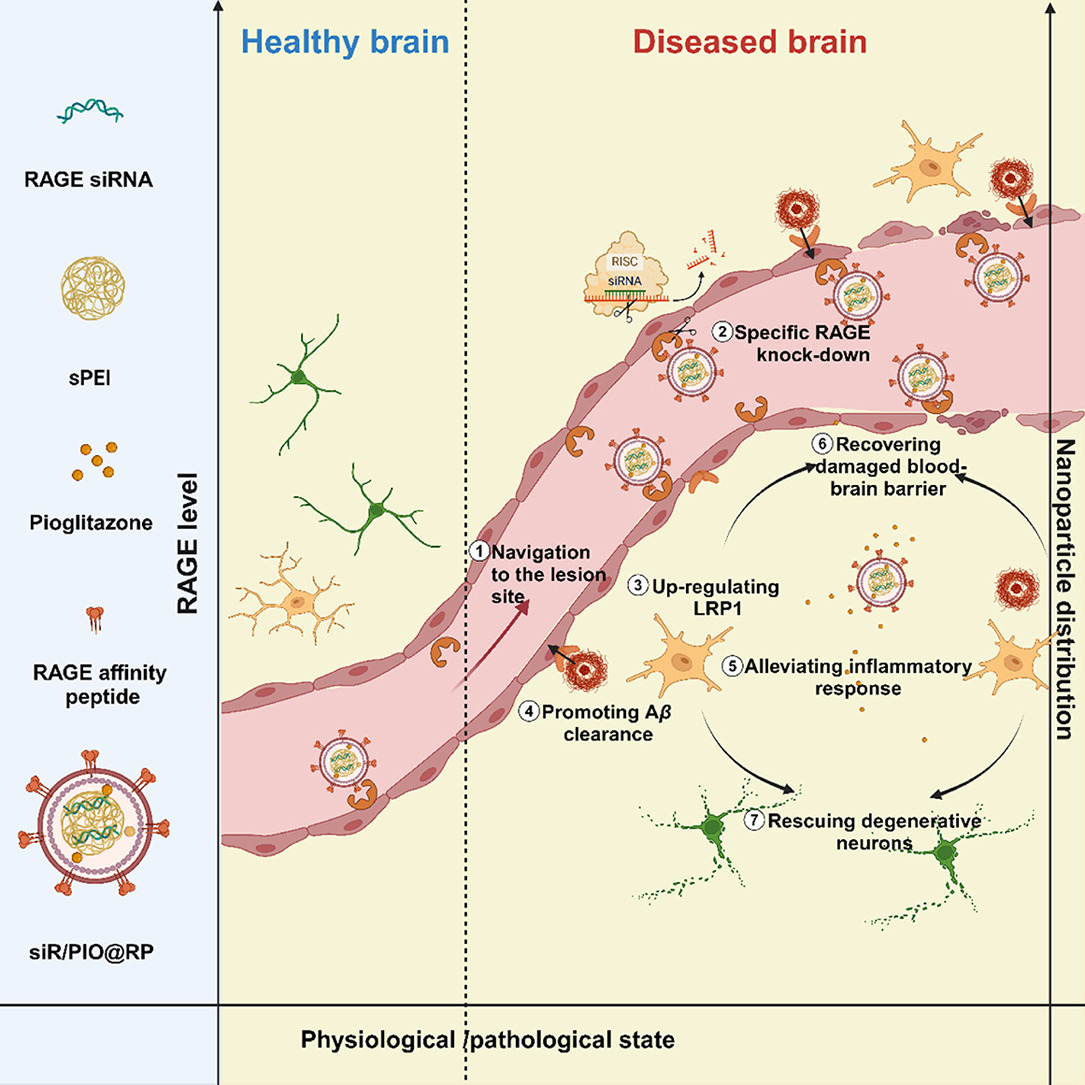The study introduces a nano-modulator that targets the damaged blood-brain barrier in Alzheimer’s disease. This modulator releases therapeutic agents that reduce amyloid-beta load, alleviate neuroinflammation, and restore neurovascular unit function, showing potential for Alzheimer’s treatment.
How society and people respond, and adapt to climate change is a psychological process. Within this collection are papers that explore these different psychological responses from how this influences people's behaviour from action to anxiety and more.
Bioreactor Design Concepts for Viral Vaccine Production: Progress in Biochemistry and Biotechnology, 2024, Pages 297-310
This content aligns with Goal 3: Good Health The chapter provides information on a cost-effective and easy way to produce the vaccine grade HCV.


